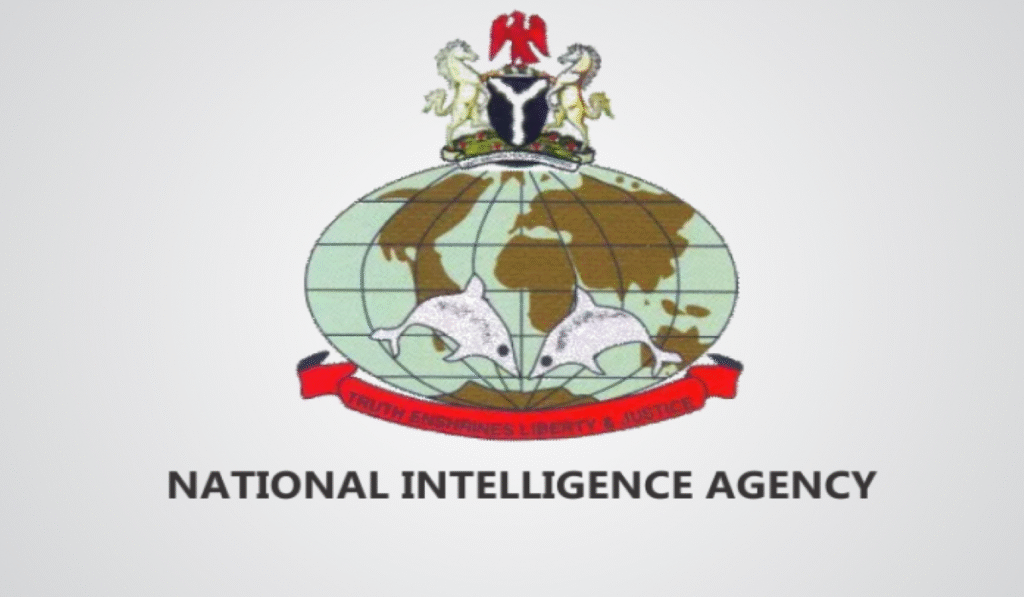Security remains one of the most vital pillars of national development. From intelligence gathering to law enforcement and national defense, security agencies in Nigeria play critical roles in maintaining peace, protecting citizens, and ensuring the country’s territorial integrity. Understanding how these agencies function is essential for civic awareness and public cooperation.
In this article, we explore the top 5 security agencies in Nigeria, detailing their mandates, responsibilities, and the significant roles they play in safeguarding the nation.
Top 5 Security Agencies in Nigeria: Duties and Functions
1. Nigeria Police Force (NPF)

The Nigeria Police Force (NPF) is the most visible and widely known of all security agencies in Nigeria. Established in 1820, it is tasked with general law enforcement, crime prevention, and public safety.
Also read: Top 5 Security Tips for Tourists in Nigeria
Core Responsibilities:
- Enforcing laws and maintaining public order
- Investigating crimes and arresting suspects
- Patrolling communities
- Managing traffic and ensuring road safety
- Safeguarding lives and property
The NPF operates in all 36 states and the Federal Capital Territory (FCT), Abuja, under the command of an Inspector General of Police. It is divided into several departments, including the Force Criminal Investigation Department (FCID) and the Police Mobile Force (MOPOL), which handle specialized functions such as riot control and complex investigations.
Despite facing challenges such as funding constraints and public perception issues, the Nigeria Police Force remains a cornerstone in Nigeria’s internal security framework.
2. Nigerian Armed Forces

Among the key security agencies in Nigeria, the Nigerian Armed Forces hold a central position in the defense and military apparatus of the country. The Armed Forces is comprised of three main branches:
- Nigerian Army (NA) – responsible for land-based military operations
- The Nigerian Navy (NN) – tasked with securing Nigeria’s maritime domain
- Nigerian Air Force (NAF) – manages aerial defense and support operations
Also read: Top 5 Security Tips for New Car Drivers
Primary Duties:
- Defending Nigeria against external aggression
- Securing the nation’s territorial integrity
- Assisting civil authorities during internal crises (upon Presidential approval)
- Engaging in international peacekeeping operations
- Participating in counter-insurgency and disaster response efforts
The Armed Forces have played historic roles in both domestic and international operations, such as the Nigerian Civil War and ECOWAS peacekeeping missions in West Africa. They are overseen by the Ministry of Defence and led by the Chief of Defence Staff.
As one of the oldest and most structured security agencies in Nigeria, the Armed Forces serve as the ultimate defense against threats to national sovereignty.
3. Department of State Services (DSS)

The Department of State Services (DSS), also known as the State Security Service (SSS), is Nigeria’s primary domestic intelligence agency. It was created in 1986 after the dissolution of the National Security Organization (NSO), and it operates under the Office of the National Security Adviser.
Key Responsibilities:
- Intelligence gathering on domestic threats
- Counterterrorism and counterinsurgency
- Protection of top government officials (President, Governors, etc.)
- Surveillance of suspected criminal or subversive activity
- Advising the government on internal security matters
Also read: 5 Emergency Numbers for Security in Nigeria
This agency functions quietly behind the scenes, much like an early warning system. While it is less visible to the public than the police or military, the DSS is crucial to the prevention of internal security breaches, such as terrorism, espionage, and sabotage.
Its agents are trained to detect and intercept threats before they escalate, making the DSS one of the most strategic security agencies in Nigeria.
4. National Intelligence Agency (NIA)

The National Intelligence Agency (NIA) is responsible for foreign intelligence and counterintelligence. It operates outside Nigeria’s borders and focuses on external threats that could compromise national security.
Major Functions:
- Gathering intelligence on foreign governments and activities
- Counterintelligence operations to prevent espionage
- Protecting Nigerian interests and citizens abroad
- Collaborating with international intelligence agencies
Like the DSS, the NIA was established in 1986 following the restructuring of the NSO. The agency maintains a discreet operation, not disclosing its recruitment and operations to the public.
Also read: Top 5 Security Products for the Home | 2025 Update
In an increasingly globalized and interconnected world, the NIA helps Nigeria monitor international developments, respond to geopolitical threats, and maintain global diplomatic security. This makes it one of the most critical foreign-facing security agencies in Nigeria.
5. Nigeria Security and Civil Defence Corps (NSCDC)

The Nigeria Security and Civil Defence Corps (NSCDC) was founded during the Nigerian Civil War in 1967 and formalized as a national agency in 1984. With over 170,000 personnel, the NSCDC plays a vital role in protecting public infrastructure and ensuring civil protection during emergencies.
Core Mandates:
- Protecting critical national infrastructure (e.g., pipelines, power stations)
- Preventing vandalism and oil theft
- Responding to emergencies and natural disasters
- Training and licensing private security guards
- Educating citizens on safety and emergency response
The NSCDC’s broad reach across disaster management, civil protection, and infrastructure security solidifies its position as one of the leading security agencies in Nigeria.
In times of civil unrest or national emergency, the NSCDC is often deployed alongside other forces to maintain stability and provide aid.
Also read: Top 5 Security Products for the Office
Why These Security Agencies in Nigeria Stand Out
Although Nigeria has numerous security institutions, the five listed above stand out due to their wide-ranging responsibilities, institutional structure, and significant impact on national stability. Each of these security agencies in Nigeria performs distinct yet interconnected functions:
- The Nigeria Police Force serves as the front line for law enforcement.
- The Nigerian Armed Forces provide defense against external threats.
- The DSS detects and thwarts domestic threats.
- The NIA secures Nigeria’s global interests.
- The NSCDC protects infrastructure and manages civil emergencies.
Together, they form a comprehensive security architecture that helps maintain law, order, and national sovereignty.
How Security Agencies in Nigeria Collaborate
Security challenges in Nigeria often require coordinated responses from multiple agencies. For instance:
- The NPF may work with the DSS during criminal investigations involving terrorism.
- The Armed Forces may support the NSCDC in times of national emergencies or insurgencies.
- The NIA may exchange intelligence with the DSS on transnational threats that have domestic implications.
This inter-agency collaboration is guided by the National Security Strategy and coordinated by the Office of the National Security Adviser (ONSA).
Challenges Facing Security Agencies in Nigeria
Despite their importance, security agencies in Nigeria face several persistent challenges:
- Funding and Resource Limitations: Lack of modern equipment and operational funding are issues seen in agencies.
- Corruption: Misconduct and bribery reduce public trust and internal efficiency.
- Training Gaps: Emerging threats like cybercrime require constant skills updates.
- Public Perception: Negative experiences with certain agencies can hinder cooperation and intelligence sharing from the public.
Efforts to overcome these issues include ongoing reforms, enhanced training programs, and modernization of equipment and operational structures.
Conclusions
Understanding the top 5 security agencies in Nigeria provides a clearer picture of how national safety is maintained and what roles each institution plays. These agencies are essential to Nigeria’s survival as a stable and secure nation.
From protecting borders and gathering intelligence to enforcing the law and safeguarding infrastructure, the work of these agencies shapes the daily lives of citizens and the country’s overall security posture.
As threats evolve and take on new forms daily, the continuous improvement and cooperation among security agencies in Nigeria will remain non-negotiable in securing the nation’s future.
Stay connected to this blog for more security updates. Follow us on X (formerly Twitter) @Logic_sss for quick updates.
References
- campuscybercafe.com – Complete List of Security Agencies in Nigeria 2025
- latestjobsinnigeria.com.ng – 15 Security Agencies in Nigeria & Their Roles
- nigerianqueries.com – Top Major Government Security Agencies in Nigeria & Functions



